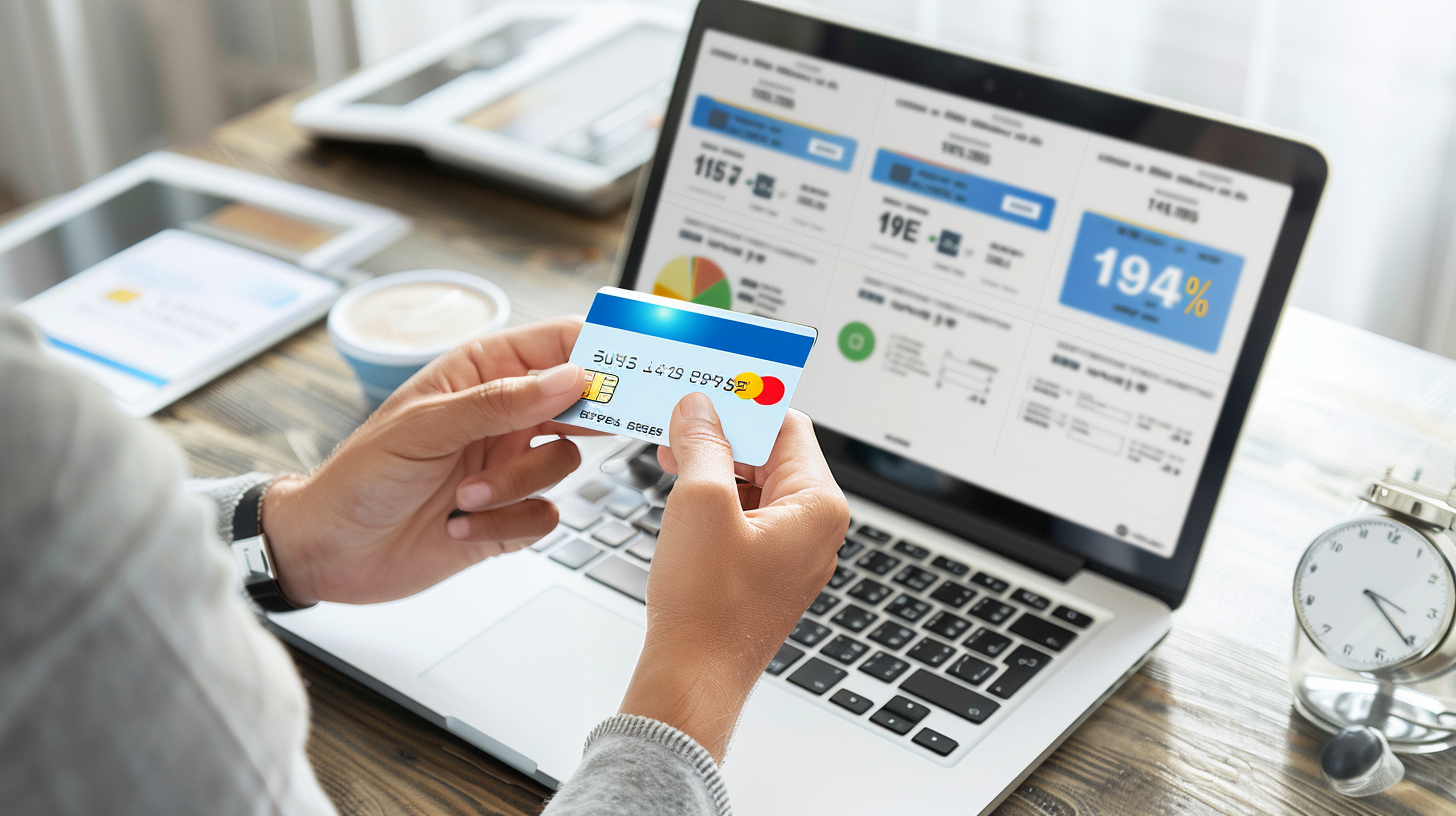Credit Boosting Strategies: Leveraging Small Personal Loans Effectively
Your credit score isn’t just a number. It can shape your eligibility for loans, affect the interest rates you pay, and even impact your prospects of renting an apartment or securing certain jobs. It’s clear: a good credit score opens doors. One way to improve your credit score is through small personal loans, a strategy often overlooked.
Understanding Personal Loans
What exactly are personal loans? They’re loans you take out for personal use. They differ from auto loans or mortgages as they’re not tied to a specific purchase. You can use them for anything from consolidating debt to funding a home renovation project.
Interestingly, according to WTOP, there are currently 27.8 million personal loans spread among 23.2 million consumers. This indicates more than one loan per consumer on average. This widespread use of personal loans shows their versatility and accessibility as a financial resource.
The Impact of Personal Loans on Credit Scores
Let’s look at how personal loans can affect your credit score. The total amount of money you owe to creditors is a crucial factor in determining your credit score. When you get a personal loan, it increases the total amount of money you owe, which can significantly change your credit utilization ratio. According to LendingTree, this change in ratio can have a substantial impact on your credit score.
However, taking out a personal loan isn’t a guaranteed path to a better credit score. As Investopedia points out, getting a personal loan can affect your credit score in both positive and negative ways. If you repay your loan on time, it can help build a positive credit history. However, if you miss payments or default on the loan, it can damage your credit score. So, managing your loan responsibly is vital.
Using Personal Loans to Pay Down Credit Card Debt
A strategic use for a personal loan is to pay down credit card debt. If you have high-interest credit card debt, you can get a lower-interest personal loan and use it to pay off your credit card balance. This reduces your interest payments and consolidates your debt into a single monthly payment, making it easier to manage.
A study by LendingTree found that users saw an average increase of 22 points in their credit scores three months after using a personal loan to pay down credit card debt. This demonstrates that a well-managed personal loan can positively affect your credit score.
When thinking about using a personal loan to manage credit card debt, it’s wise to look around and compare options. Reading through reviews of the best personal loans can really help, as they give real-world insights into what different lenders offer and how satisfied borrowers have been with the terms, interest rates, and overall service. This first-hand feedback can guide you in choosing a loan that fits your financial needs and goals, ensuring that your decision not only helps consolidate your debt but also fits comfortably into your budget.
Benefits of using personal loans to pay down credit card debt:
- Lower interest payments
- Single monthly payment
- Potential increase in credit score
Credit Builder Loans: A Special Type of Personal Loan
Consider a credit builder loan. These are small loans, usually less than $1,000, designed specifically to help people build or improve their credit scores. Unlike traditional loans, the money you borrow is held by the lender in a savings account. You make regular payments to repay the loan, and once it’s fully paid off, you gain access to the money in the savings account.
A report by the Consumer Financial Protection Bureau suggests that a credit builder loan could increase the likelihood of establishing a credit record for those without one. This makes it a superb option for individuals looking to build their credit from scratch.
Case Study: Average American with a Personal Loan
To better understand the impact of personal loans on credit scores, let’s examine the typical American with a personal loan. According to MarketWatch, nearly 23 million Americans have unsecured personal loans, with an average balance of about $11,500. This figure shows how personal loans are utilized in real-life scenarios.
While the average balance might seem high, keep in mind that personal loans have fixed repayment terms. You’ll know exactly how much you need to pay each month and can plan your budget accordingly. This stability can be beneficial for your credit score as consistent, on-time payments contribute positively to your credit history.
How to Use Personal Loans to Boost Credit Scores
Now that we’ve explored the different aspects of personal loans, let’s discuss some tactics for using them to boost your credit score.
- Pay off high-interest debt: You can use a personal loan to pay off high-interest credit card debt. This can lower your overall interest payments and provide a structured repayment plan.
- Build credit history with a credit-builder loan: If you’re new to credit or want to rebuild your credit, a credit-builder loan can be a great tool. It can help you establish a positive credit history, which is crucial for a good credit score.
- Maintain a mix of credit: Credit scoring models look favorably upon a mix of different types of credit. Having a personal loan in addition to revolving credit like credit cards can enhance your credit mix and potentially boost your score.
- Stay disciplined with repayments: Regardless of the type of loan, making timely repayments is the most effective way to improve your credit score. A solid repayment history shows lenders that you’re a reliable borrower.
Final Thoughts
Small personal loans can be a strategic tool for boosting your credit score. They can provide a way to consolidate high-interest debt, establish a credit history, and maintain a diverse mix of credit. While they come with their risks and responsibilities, with careful management, they can be an effective part of your credit-building strategy. Remember, the key to using personal loans to improve your credit score is responsible borrowing. Always ensure that you can comfortably afford the repayments before taking out a loan. With this approach, you can use personal loans to your advantage and move closer to achieving your financial goals.


